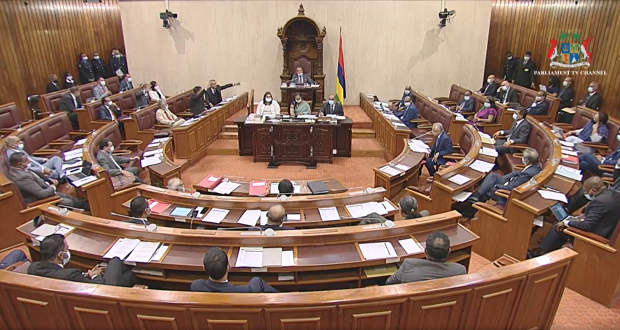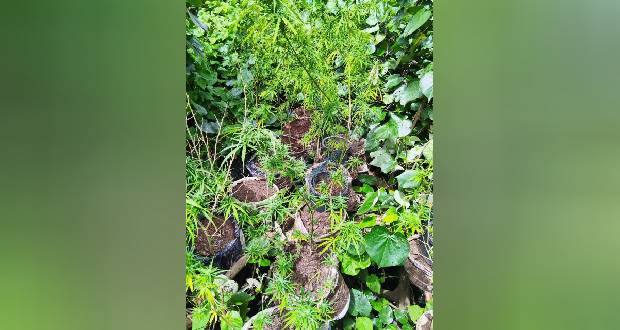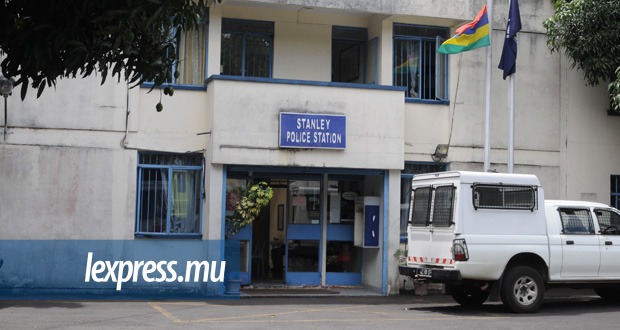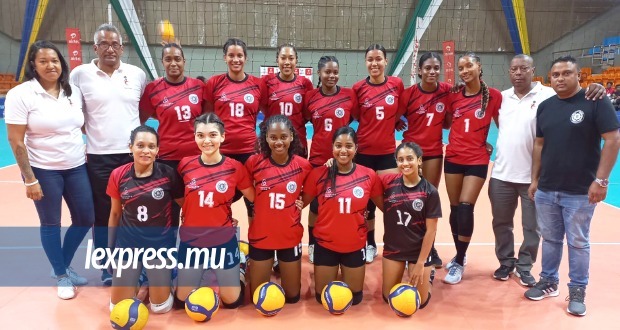Publicité
A view from another former British High Commissioner to Mauritius on Chagos issues
Par
Partager cet article
A view from another former British High Commissioner to Mauritius on Chagos issues
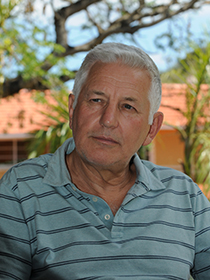

Dear Editor,
I read Jonathan Drew’s interview about his time in Mauritius with much interest. I have greatly appreciated his willingness to discuss Chagos issues with me. However, in the spirit of friendly debate, I must express a different opinion on how to resolve both the sovereignty and human rights aspects.
Firstly, I have not seen any evidence that the UK offered Mauritius actual joint management of the Outer Islands, which I have long advocated as a confidence-building measure. In fact, the UK speech to the United Nations General Assembly (UNGA) on 22 June by the UK permanent representative, Mathew Rycroft, was specific: "So we offered, without prejudice to our sovereignty, a framework for the joint management, in environment and scientific study of all the islands of the territory, except for Diego Garcia. And we offered strategic and tactical forms of bilateral security cooperation". My response to that in the second part of my rebuttal of this statement (Weekly 6 July) was that, "These offers do not add up to much unless discussed in the context of agreeing a timetable to return Chagos to Mauritius”. So I was not surprised that Mauritius preferred to obtain an opinion from the International Court of Justice (ICJ) rather than further prolonged discussion of the UK offers.
As I noted in my Weekly piece of 26 July, the reason Mauritius resorted to the UN was that the UK has always avoided discussion of sovereignty but that an ICJ advisory opinion would provide a solid basis for resolving these issues. The UN resolution was also a means of laying before the UNGA and the ICJ the plight of the Chagossians and the former British Government’s refusal to permit any form of resettlement.
Unlike Jonathan, I see the significance of the Mauritian victory at UNGA more in terms of how many states voted with the UK rather than how many voted with Mauritius (94 in favour, 65 abstentions). A mere 14 of the 193 member states voted with the UK, of which only two were members of the Security Council and four of the EU. Despite intensive lobbying, the UK failed to convince most states. This was a major diplomatic defeat.
I wholeheartedly agree with him that leadership on issues which are less popular but have a human rights component is just as important as anything else. But I am disappointed that whilst he expresses support for LGBT human rights, there is no mention of the wrong done to the Chagossians, whose human rights have for so long been grievously denied. Surely there is a contradiction in urging legal action against one form of discrimination but not another.
I'm afraid that the UK has often acted in an unfriendly manner towards Mauritius over Chagos. But even amongst friends, there comes a point when decades of discussion fails to produce a resolution and another approach needs to be tried. I do not see that Mauritius’ current actions over its well established claim to sovereignty, first decided in 2004, is such a serious issue for the bilateral relationship. Indeed, as a long-standing advocate of the rule of law and the peaceful settlement of disputes, I would have expected the UK to welcome an advisory opinion from the ICJ. It might even be in the UK’s favour.
We should not forget that the reason the UK made its very limited offers was the 2014 UNCLOS Tribunal award and then Mauritius’ draft UN resolution referring the matter to the ICJ by way of the UN, if no progress were made in the talks. I came to the conclusion when I was High Commissioner in 2000-04 that it was only by this means that the British government would be persuaded that they should discharge their 1965 pledge to restore the Archipelago to Mauritius and that the Outer Islands, which were not needed for defence purposes, should meanwhile be restituted. I argued in my valedictory despatch to London that some of the problems were of our own making because we had excluded Mauritius from the management of Chagos and that, by avoiding dialogue, the UK had been seen in Mauritius and in international fora as behaving with colonial arrogance. It looks as if little has changed since 2004.
David Snoxell
Coordinator of the Chagos Islands All-Party Parliamentary Group and former British High Commissioner to Mauritius
For more views and in-depth analysis of current issues, subscribe to Weekly for as little as Rs110 a month. Free delivery to your door. Contact us: touria.prayag@lexpress.mu
Publicité
Les plus récents
